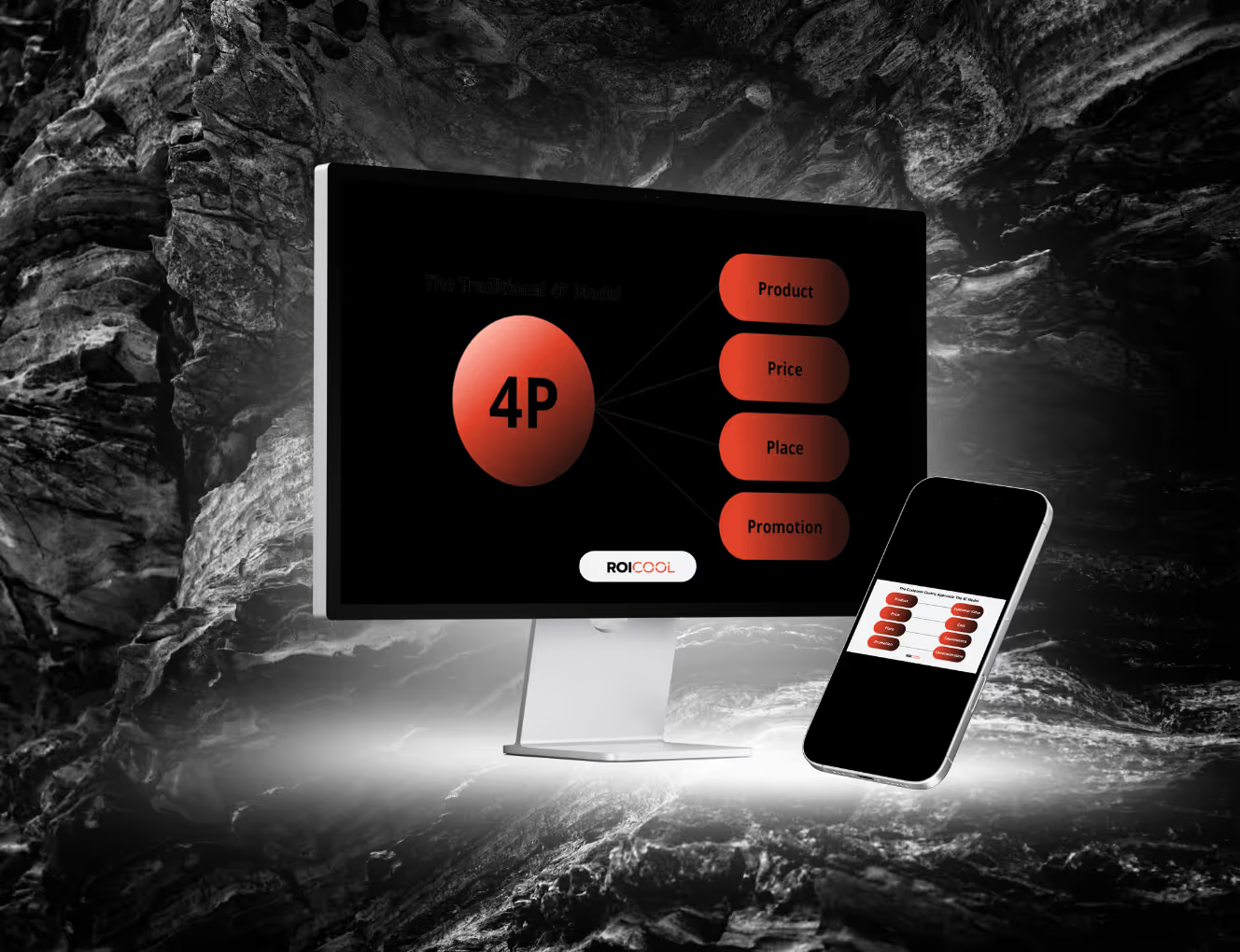In the digitized world, the struggle for brands to stand out is no longer won only by large advertising budgets, but by expressive and strategic content that resonates with the target audience. It is precisely at this point that a concept comes into play that has become one of the most key roles of digital marketing in recent years: Content Builder. So, what exactly does a content creator do, why is it so important to brands, and how to build a successful collaboration? You will find the answer to all these questions in this comprehensive article.
Who is a Content Creator and What Does He Do?
By its most basic definition, a content creator is a person who prepares content in text, visual, video or audio format for digital platforms. But this definition only scratches the surface of the role today. The task of a modern content creator is much more than just sharing a post. Among its tasks are:
- Engaging with the Target Audience: It forms a community by establishing a sincere dialogue with its followers.
- Increasing Brand Value: Interpreting the messages of brands in their own original language authenticity and trust builds.
- Develop Strategy: Creates content calendars in line with the brand's marketing objectives, tracks trends and continuously improves its strategy with data analysis.
Content creators build their own audience on popular platforms such as YouTube, Instagram, TikTok, LinkedIn, but also to brands original, remarkable and SEO compliant They play an indispensable role in digital marketing strategies by providing content.
Why are they so important to brands?
The rise of content producers is directly related to the change in consumer behavior. The growing distrust of traditional advertising is now pushing people to hear information about products or services from “real people.” At this point, the content producer, An intimate bridge between the brand and the consumer acts.
Brands now see content creators not only as “billboards”, but also in valuable roles:
- Reliable Advice Source: The advice they give because they have an impact on their own audience is found to be more convincing than traditional advertising.
- Reaching Niche Audiences: Specific and relevant that brands have a hard time reaching directly to niche audiences They provide access.
- Data and Feedback Mine: By keeping the pulse of their audience, they provide brands with invaluable feedback for product development and marketing strategies.
In short, a successful content creator is a marketing professional who not only creates content, but also reads data, analyzes trends, and develops strategies.
Types of Content Generation and Popular Platforms
Content production doesn't fit into a single mold, and different platforms require different skill sets. Here are the most common types of content and the platforms on which they are used:
A successful strategy often takes a multifaceted approach, using several of these channels together.
Content Production and SEO: The Key to Visibility
SEO (Search Engine Optimization) is vital to a brand's success in digital. So, where is a content creator in the SEO equation?
The answer is simple: Right in the center. A modern content creator not only writes creative texts, but also uses this content in search engines such as Google To be in the top positions provides. In doing so, it uses the following techniques:
- Keyword Research and Usage: Identifies keywords that match the target audience's search intent and integrates them naturally into the content.
- Title and Meta Descriptions: Writes headlines (H1, H2) and meta descriptions that attract attention and increase click-through rate in search results.
- User Oriented Content: It creates valuable and readable content that really answers the reader's questions, not just for search engines.
Therefore, a content creator with SEO knowledge can multiply the organic traffic and visibility of the brand by increasing its digital visibility. visibility architect is like.
How to Become a Content Producer Step by Step Start
For those who want to enter this area, the roadmap consists of these steps:
- Determine Your Niche: Choose an area in which you are passionate and knowledgeable (e.g. technology, sustainable living, financial literacy).
- Choose Your Platform: Focus on the platform that best suits your capabilities. Are you better at writing, video, or visuals?
- Create Value and Be Consistent: Regularly post quality content that offers solutions to your target audience's problems or entertains them.
- Create Your Portfolio: Create a website or digital portfolio where you can showcase the best work you do.
- Interact: Respond to your followers' comments, collaborate with other manufacturers and grow your community.
How Much Does Content Production Make?
This question is one of the most curious. Earnings vary greatly depending on the number of followers, engagement rate, content quality, industry studied and scope of the project. Although there is no fixed price scale, the general ranges in the market are as follows:
- Micro Influencer Collaborations (1,000 - 10,000 followers): 1.000 — 5.000 TL per content
- SEO Friendly Blog Post: 1,500 — 7,500+ TL per post (depending on length and technical detail)
- Professional Video Content Production: 7,000 — 30,000+ TL per video (including concept, shooting and editing)
Do not forget that, a niche audience with a high engagement ratecan be worth more than hundreds of thousands of passive followers. Quality is always more important than quantity.
How to Make a Successful Brand-Contributor Collaboration Work
An efficient collaboration process is built on transparency and clear objectives. The steps are usually as follows:
- Brief and Goal Setting: A brand clearly includes the purpose of the campaign (e.g., sales growth, brand awareness), target audience and key messages Brief prepares.
- Content Concept and Approval: The content creator offers creative concepts that align with the goals of the brand. Once the concept is approved, it goes to the production stage.
- Publication Plan: It is decided on what date and time the content will be published, on which platforms.
- Reporting and Analysis: Once the content is published, metrics such as access, engagement, click-through rate are analyzed and reported to the brand.
This process creates a win-win situation for both parties. While achieving brand goals, the content creator also increases their own brand value by signing on to a business that adds value to their audience.
Conclusion: The Content Is Not Just The King, But The Kingdom Itself
Content creator in digital marketing is no longer just a “trend”, but of the marketing ecosystem It is a lasting and powerful part. The authentic bond they establish between brands and consumers takes them far beyond traditional advertising. A content creator who thinks strategically, is creative, analytical and understands its audience is one of the most valuable investments for a brand. Therefore, it is inevitable that every brand that wants to exist and grow in the digital world will understand and incorporate this new generation of marketing power into their strategies.










